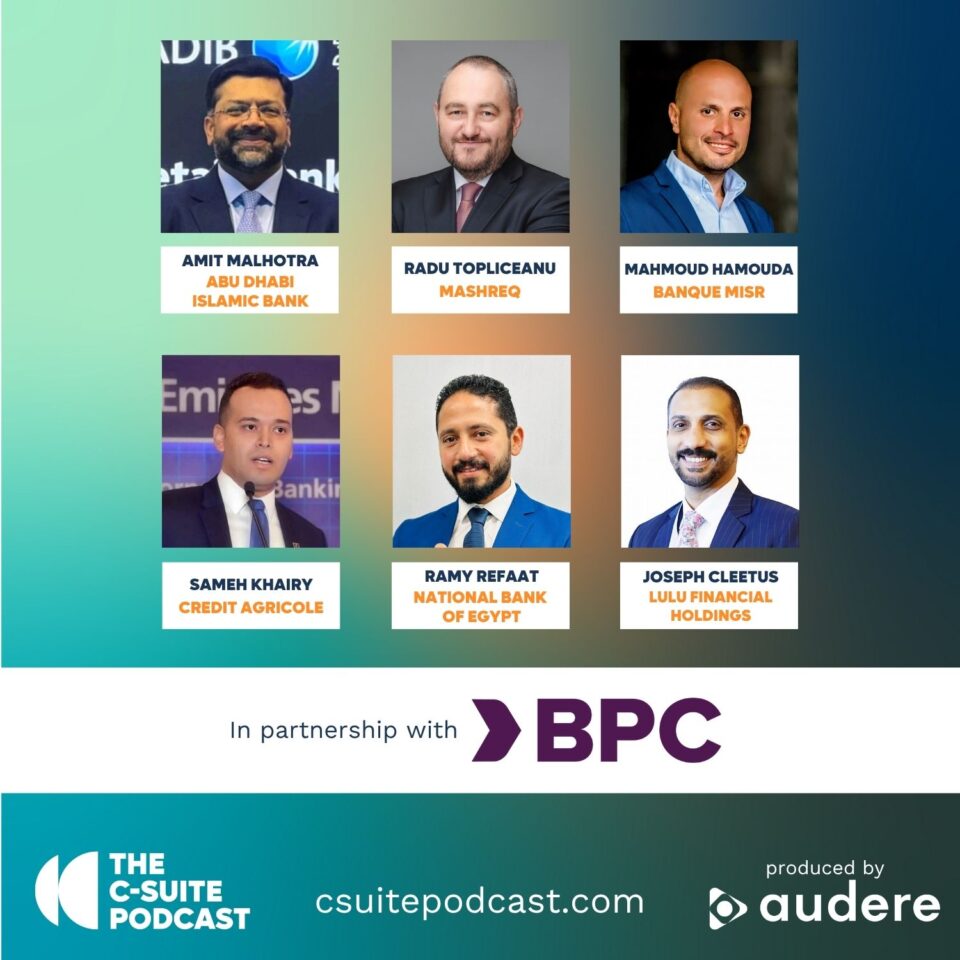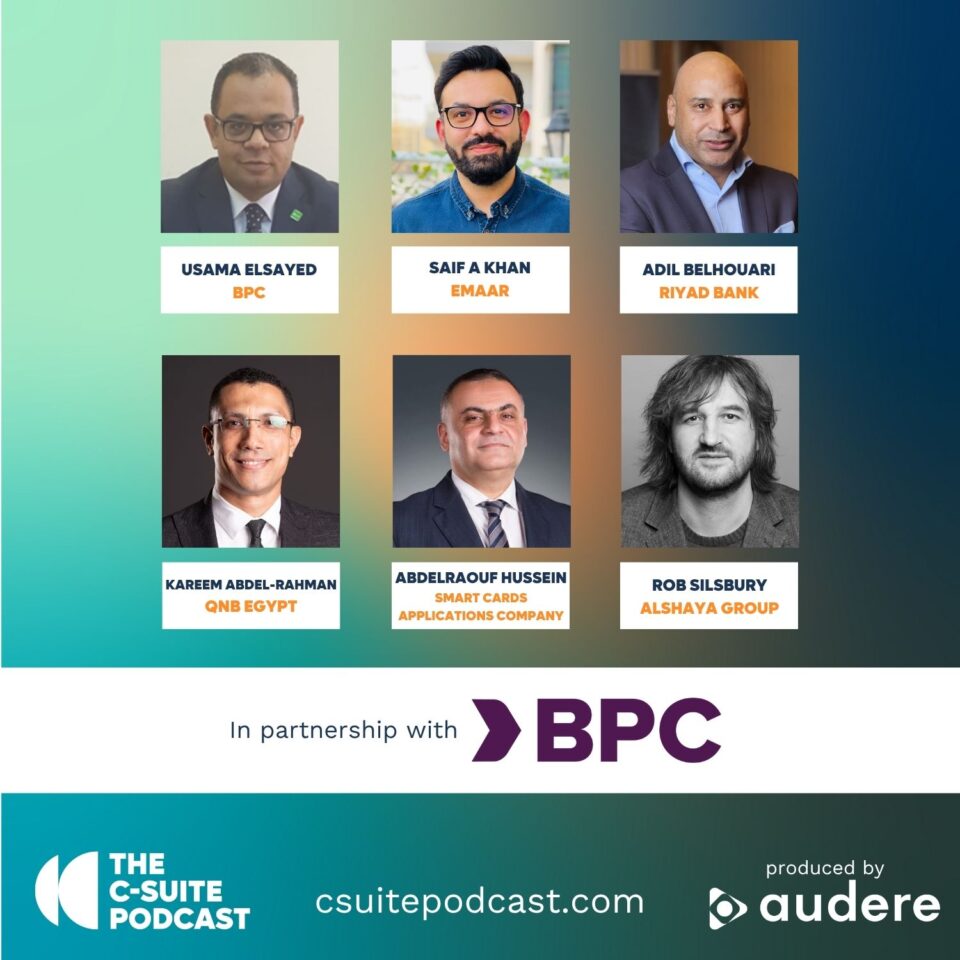Jason Hagan, Senior VP, Head of Fintech Innovation, Sunrise Bank

Speaking to Jason Hagan of Sunrise Bank
Sunrise Banks traces its history back to the late 1800s when it initially served immigrant communities, including Polish, German, and Irish immigrants. They continue to cater to diverse communities such as the Somali diaspora and Hmong African-American populations primarily through their retail services. Jason highlighted that the bank supports small to medium-sized businesses within these communities. The bank owner back in 2007 could not serve more people with his current practices so expanded to include fintech’s. Sunrise Bank now partners with fintech’s and alternative financial services that cater to low to moderate-income households to build, and co-create fintech platforms.
Sunrise Bank helps co-create or co-build some of the policies, procedures, and processes as part of the direct fintech partnership. Jason highlighted that Sunrise Bank is a great place for these fintechs to get their product launched and also help with their third and fourth product or service as well, due to the challenges of raising capital.
Jason honestly admitted lots of banks are not great at the onboarding process due to the challenges of the disparate systems. It can be tough to pull different data streams across the bank and marrying it up with what the client is providing. He said Sunrise Bank are currently evaluating how they onboard customers, particularly focusing on identity management, fraud prevention and the relevant data.
Jason highlighted the impact AI is going to have on the ability to create pseudo identities that can be exploited to open accounts so they are reverting to good old-fashioned monitoring and data analytics and looking at breakouts that happen, looking at concentrated activity. He said they are actively looking to improve their fraud prevention, they would love to run into a company that can address our specific concerns around fraud and fraud prevention.
Dennis McCarthy, Chief Client Officer, Bread Financial

Chatting with Dennis McCarthy from Bread Financial
Dennis was on a panel prior to this interview about building loyalty in sports and entertainment. They discussed how can companies stay relevant for their customers and where does the consumer want to consume the product.
Dennis went on to talk about some of Bread’s partnerships, one being the NFL which they issue a co-brand credit card for all 32 teams. Bread have found in sports there is a fandom that is stronger than no other. Bread also have a program with the Cleveland Cavaliers, they provide buy now, pay later. Bread also have a program with the New York Yankees which is a sponsorship and they offer a co-brand credit card for the Yankees.
Bread work with each of the individual teams within the NFL and within the teams they set up individual experiences. For example, if an individual picked the wrong team, they are an eagles fan and they want to go on the field at Lincoln Financial Field they can do that through the credit card program.
Dennis then spoke about Breads partnership with Caesars. Recently Breda have done some customer research which has dictated the refreshed product and they found Caesars customers as a reward system wanted to earn higher level access to Caesars.
Dennis said that at Bread they acquire most fraud when they acquire a new account. Dennis said they have the right protection set up, to combat this and it all comes down to how do you find out the true identity of your customer but still in a seamless way. He mentioned the worrying part is online, as you can’t know when an account has been taken over straight away and when the fraudsters are going to use them as sometimes they can just sit on the account.
Bernadette Ksepka, VP and Deputy Head of Product Development for the FedNow® Service, Federal Reserve Bank of Boston.

Speaking to Bernadette Kespka of The Federal Reserve Bank of Boston
Bernadette Kespka said The Federal Reserve Bank of Boston launched the real time payments service on July 20th. They started with 35 organizations, including the US Treasury and three months later they have 144 financial institutions. On the panel she talked about the power of overlays and how can payments be made easy which the Federal Reserve Bank of Boston have achieved with Brazil’s Pix and India’s UPI using QR codes. They also support alias-based payments, where you can pay to say, an email address or a phone number. This is something they’re looking at for FedNow. During the panel conversation they all agreed on the future of instant payments includes cross-border payments to create a good customer experience frictionless.
Bernadette discussed that FedNow can transform how consumers transact on a daily basis. She explained this enabled employers to offer the option to employees to get their payroll more often than the two week cycle. This encourages those that are cash strapped to better manage their inflow and outflows avoiding overdraft fees and late fees. It also helps when people have a misfortune and need those funds quickly. FedNow means that small businesses can improve their cash management and for large businesses it could shorten the span of payment on the receivable side.
FedNow is a platform for innovation, Bernadette explored this by looking at pain points that exist today in the payments industry and solving that. The bank is not leaving innovation up to chance. They have been working really closely with fintechs and merchants and corporates to help them understand the value of instant payments and spurring innovation. And as a result the Federal Reserve Bank of Boston have also established an Ecosystem Accelerator group, which is a catalyst for innovation.
Bernadette said they launched a new onboarding platform. The objective of this was to make it as easy as possible for financial institutions and for service providers to come on to FedNow. They have built a world class digitized customer experience from beginning to end. They’ve been getting lots of great reviews from their customers, especially the service providers because they are able to use this platform to sign up to 50 of their participants at a time.
Bernadette went on to say fraud is not unique to instant payments. She exclaimed fraud is an everyone problem. The best way to combat fraud is for the industry to come together, creating multiple layers of safeguards, they see financial institutions as that first line of defence and then FedNow taking a proactive approach and offering complementary and value-added services to financial institutions so that they can have all the data that they need to decide whether they are going to make a payment or not.
Ryan James, CEO, Surety Bank

Ryan James of Surety Bank and presenter Graham
Surety Bank has been a banking money service for the last 20 years. They have a large compliance department due to high regulations in the industry. After Cannabis was medically passed in Florida there was a big need and as a bank with compliance they were at the forefront and it could easily integrate into their systems. They have the infrastructure for cash logistics and they have a BSA team. They were able to parlay everything over from their crypto relationships and money service business program as there was little guidance on how to bank cannabis.
Ryan said challenges within the industry include thorough vetting and ensuring they look at their customer’s compliance. Regarding crypto regulators were primarily concerned with understanding if a business acted as a custodian and assessing exposure to market volatility.
The KYC process at Surety bank is often initially through word of mouth. They background check the principal owners the beneficiaries and go through a full application process and really vet the back end before they on board. He said that with emerging industries such as cannabis or crypto, there’s always the nefarious people that prey on that industry, where there’s not as much banking.
To combat fraudsters Surety Bank make sure they partner with people who understand the KYC at the beginning because fraudsters are smart, they will open up accounts and put in a little money and rest it, as they think that typical 30 days is where a Bank lets down their guard. So it is important to look at what alerts do they have after that 30 days and then trigger.
Dustin Eide, CEO, CanPay.

Interviewing Dustin Eide from CanPay
CanPay, is the longest-standing cannabis payment network in the industry. Dustin, CEO of CanPay highlighted that people must understand the industry is not unbanked or cash only despite it being commonly described this way.
After the industry taking a hit in terms of debit card acceptance it was important for CanPay to focus on the ACH network so they do not have to worry about shutdowns or instability. Dustin stated that the day cannabis was federally legal all card brands were in and it was not a big deal but in the US it is state legal and until it is federal card brands have been very vocal about not getting involved.
Dustin knew working in this industry would be challenging as every state has their own rules but they do have federal guidance provided by the Department of Treasury, FinCEN to ensure all merchants are banking inside of a compliance program built around that federal guidance.
The main hurdle for onboarding at CanPay is the initial sign up after that customers can access reward programs to help incentivize that. They are currently growing their rewards program and recently launched e-commerce so people can pre pay. He highlighted it’s about bringing those expected services to the cannabis industry where they haven’t existed before.
Ava Kelly, the Chief Product Officer, Thredd.

Recording with Ava Kelly from Thredd
Thredd is a global issuer processor. Thredd issues in over 40 markets around the world and can issue anywhere that Visa and Mastercard are in a market. Thredd is a next-gen processor, focusing on being digital first, being very modular as a platform and really enabling their clients around speed to market.
Ava discussed the onboarding process which she sees as one of the most critical stages for their clients. It’s really when they are generally in a product launch so, speed to market is really speed to revenue. Thredd offers a package to their clients that walk them through everything they will need to implement to fully support them. For example language support as you don’t want language to be the thing that slows you down or creates issues, in terms of understanding requirements.
Ava described a multi-tiered approach to fraud she said the more layers that you can have in place the better. Ava said she looks at fraud as a boxing match. Fraudsters are always one step ahead and you’ve got to fight back but it goes back and forth all the time. So companies have got to be ready with the next punch for example by being real time.
Ava said there are multiple places that the market could go. Ava said if you think about P to P or A to A, and really bringing those endpoints together you can move money around the world more quickly. She highlighted the thing that’s interesting about being at Money20/20, is fintechs have always played the role of pushing the innovation envelope, but banks really bring scale to the equation.
Ava talked about how Thredd have taken a measured approach to how they will expand geographically. Thredd started in the UK and Europe and serve the majority of their clients there, but they have been expanding into the APAC region and have been serving Canada for the last couple of years. The US market is next for Thredd. Thredd is launching in the US in the first quarter of next year.
Aaron Plante, VP, Lending and Banking, Chime

Chatting with Aaron Plante of Chime
Aaron Plante, representing Chime, discussed the customer growth they have had throughout the year as the industry has changed. Their products such as Spotme which is a free overdraft protection product, like Credit Builder where an individual cannot get into debt and an individual can raise their credit score, have empowered Chime to grow as these products resonate with their customer base. Aaron said for Chime they’re onboarding hundreds of thousands of customers every month and hope to increase their market share in their segment.
By strengthening the current infrastructure at Chime will allow them to achieve this growth. A large part of Aarons role at Chime is working with their bank partners, Bancorp and Stride, which are FDIC insured accounts. They’re regulated by the OCC and they’re regulated SEC. Chime has to make sure customers’ information is protected safely and securely. Chime empowers their partners, giving them the information they need and work with their partners very closely so that they’re able to scale with Chime from a financial perspective on their balance sheet. Chime products are brought to market in concert with their bank partners, so for Chime, it’s important that their partners are on board. They see the vision, they see the growth, they see the trajectory.
Onboarding at Chime starts with digital advertising, mainly social media and referrals. Chime has millions and millions of customers now so their internal risk models are trained very well. They work with various vendors to provide, KYC and identity solutions. He said there needs to be balance in place, making the account extremely easy for good customers to sign up for and extremely hard for, potential fraudulent people to sign up. Once customers are approved for an account, they get an app, a bank account and Chime will send a debit card and get them accepted for direct deposit, which is the main focus of what Chime is trying to do in that whole experience, make it feel very easy, but also very safe and secure.
Aaron explained his position on AI in terms of fraud. He explained that the way their relationship works with their partners is that if there’s a financial loss because of a fraudulent transaction they’re on the hook for that. He explained when there is millions and millions of customers, even if it’s $20 or $30, that adds up. Therefore, Chime will flag it, if they see something fishy within the financial ecosystem. Chime have over 100 people in their fraud and risk team with focus on managing it to make sure that they’re playing by the rules and protecting their customers that there are not any ATO issues. They want their customers to know they have their back, if there is an issue with their account, they can call up 24/7.











